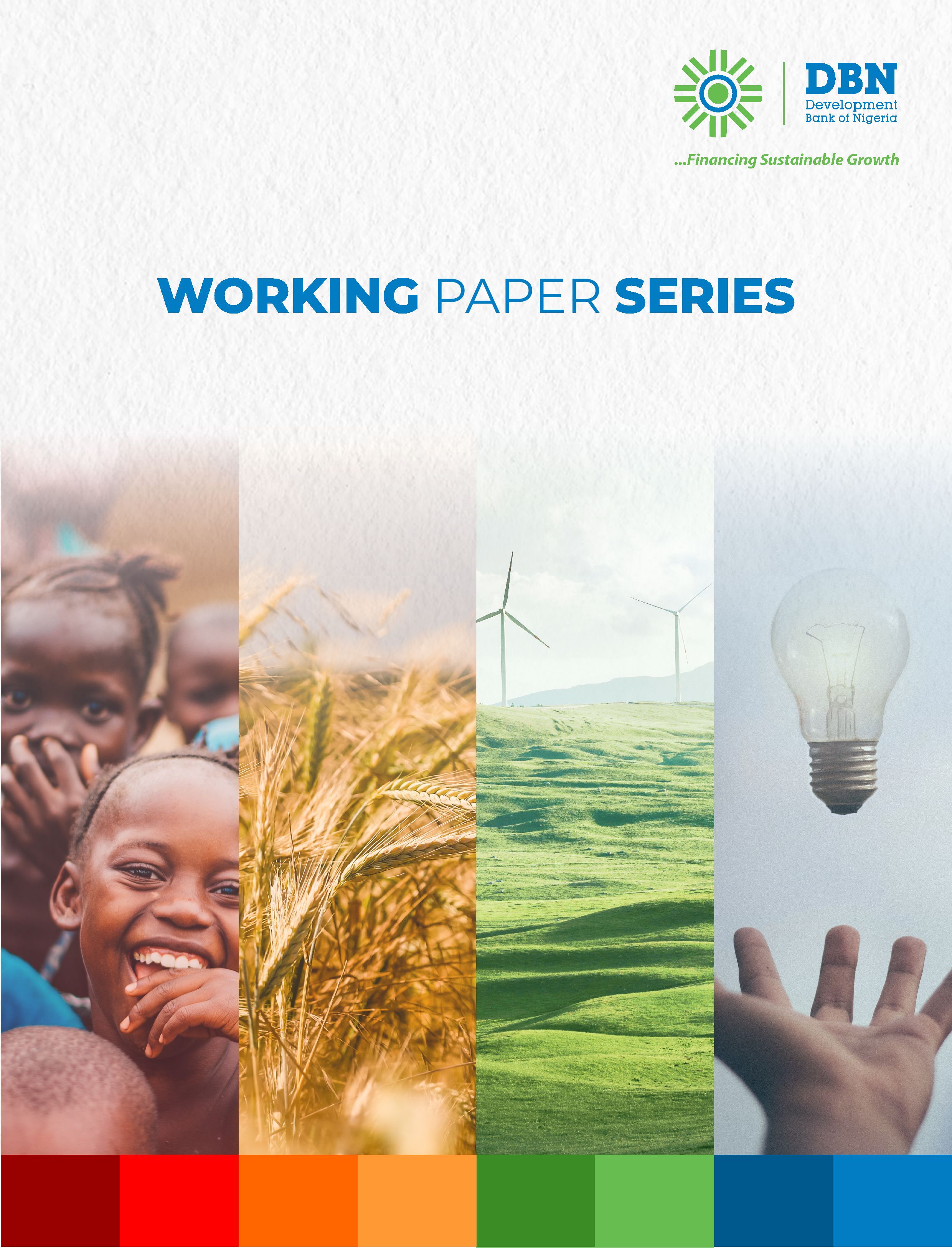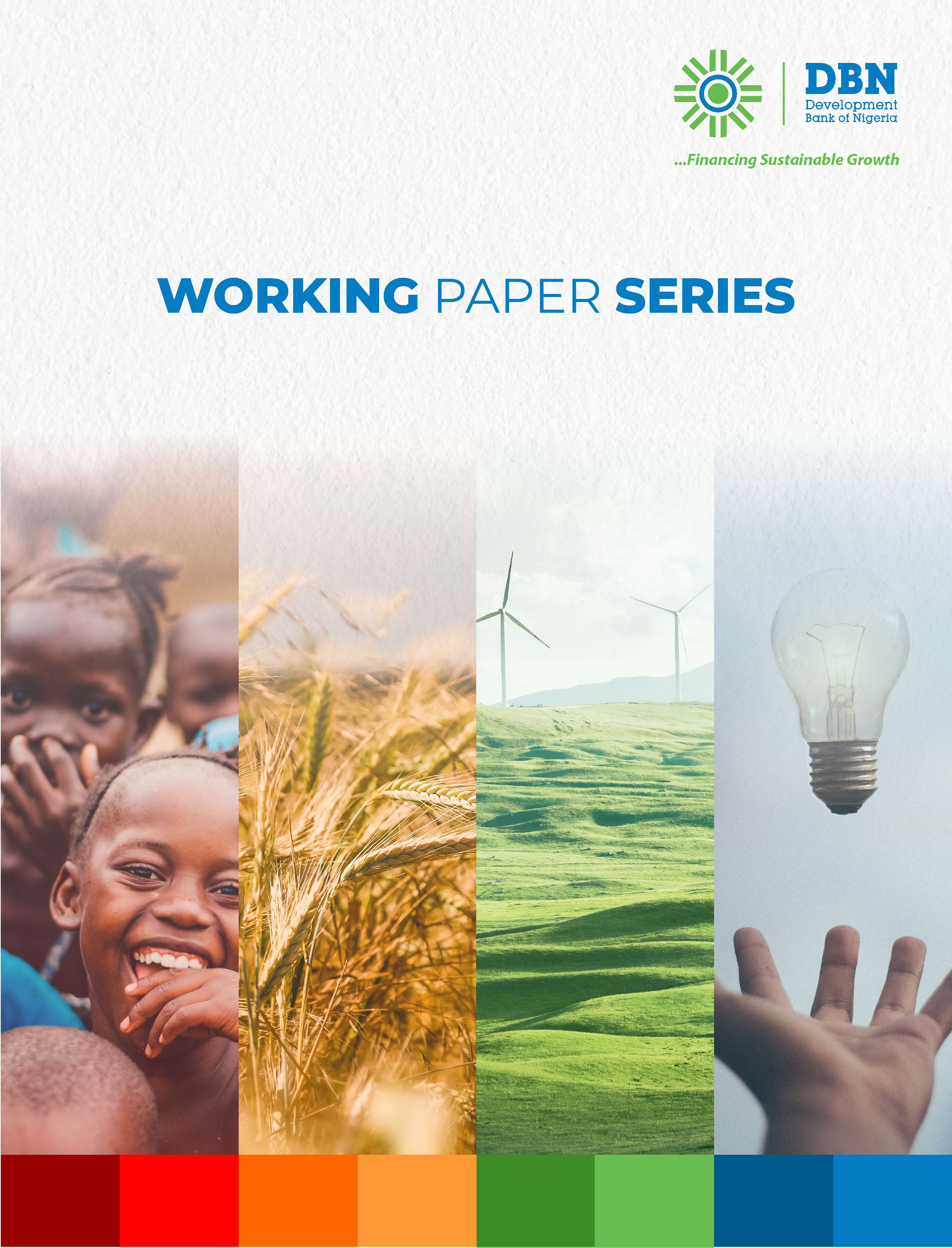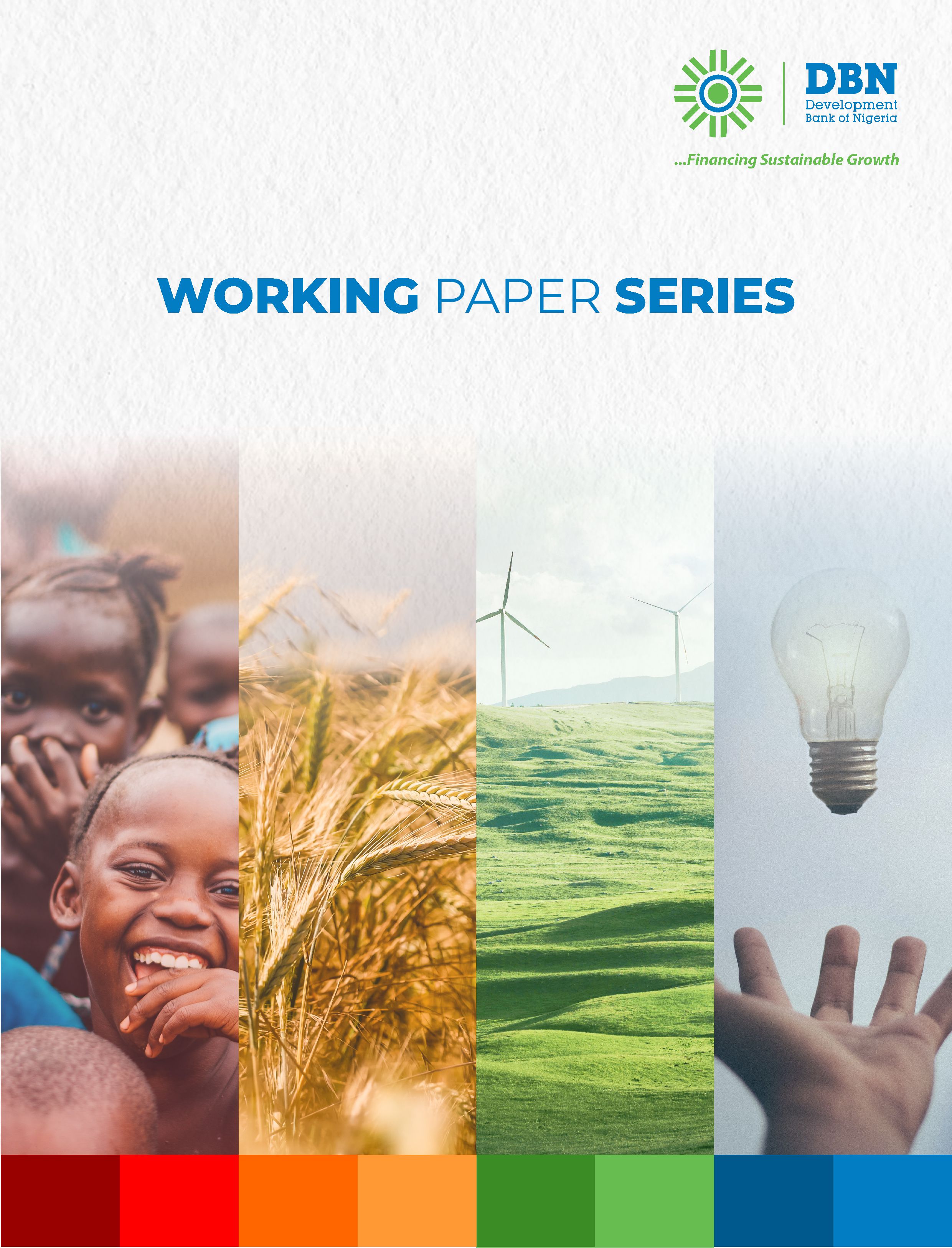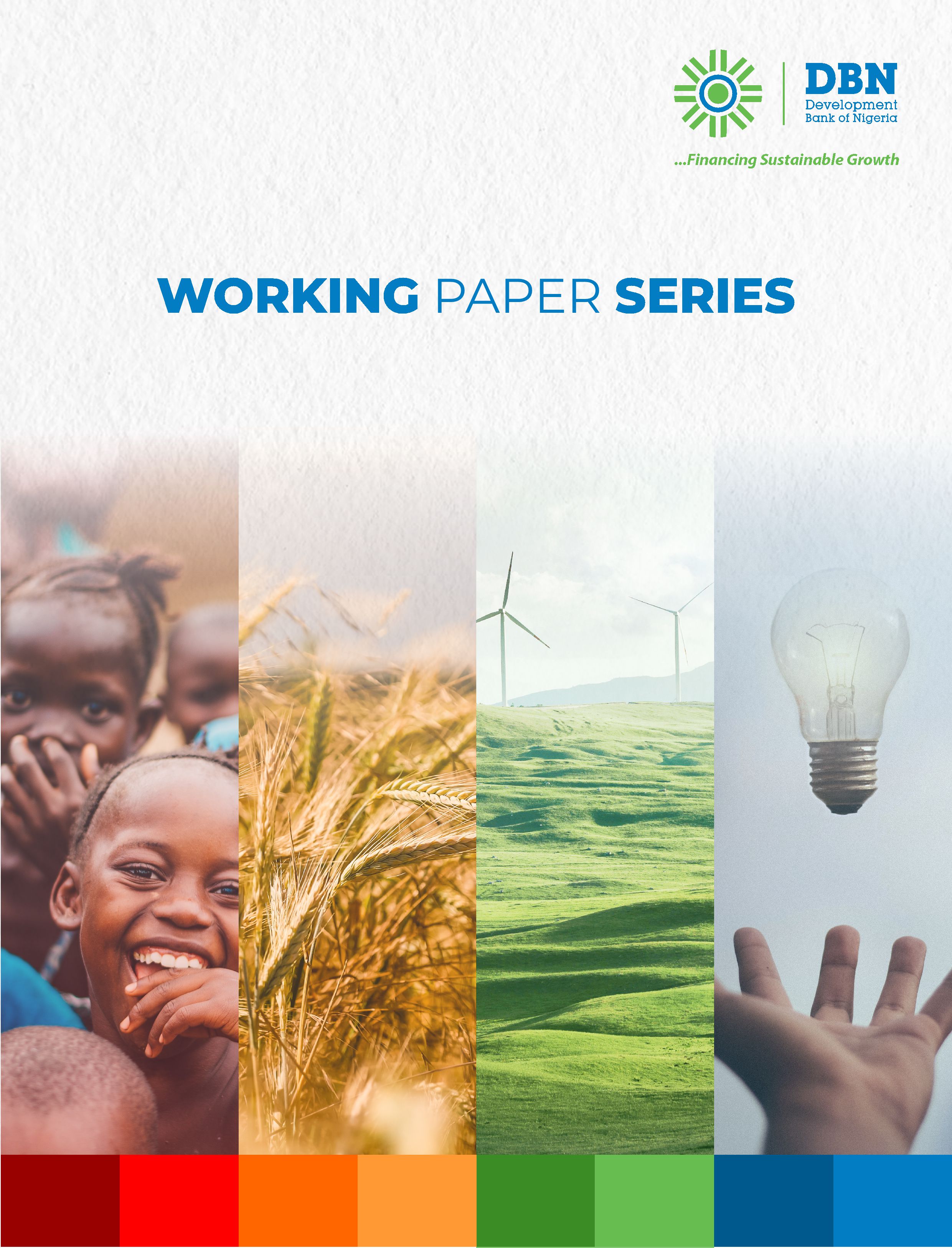
Publication Information
Published by: Admin
Published: 2 years ago
View: 297
Pages: 35
ISBN:
Abstract
The objective of this article is to analyze the effect of the political empowerment of women on vulnerability to climate change in 169 countries for the period 1995-2017. The empirical evidence which is based on panel fixed effects regressions shows that: i) the political empowerment of women as well as its components (i.e. civil liberties of women, participation of women in civil society and participation of women in political debates) reduce vulnerability to climate change. ii) The underlying effect is most pronounced in upper middle income, Latin American, small and fragile countries. iii) Public spending on education, the effectiveness of governance and education are the real transmission channels through which vulnerability to climate change is affected by women’s political empowerment. The findings are robust to alternative estimation methods such as the Tobit, dynamic fixed effects, and generalized method of moments regressions. Policy implications are discussed, inter alia, the need for sampled countries to encourage women's political empowerment in order to reduce risks linked to climate change.
Simplice A. Asongu Prof
Omang O. Messono Mr
Keyanfe T. J. Guttemberg Mr
Related Publications


VOLUME 6 ISSUE 1 2023
FOREIGN INVESTMENT, INTERNATIONAL TRADE AND ENVIRONMENTAL SUSTAINABILITY - EXPLORING ECOLOGICAL FOOTPRINTS IN 37 AFRICAN COUNTRIES

